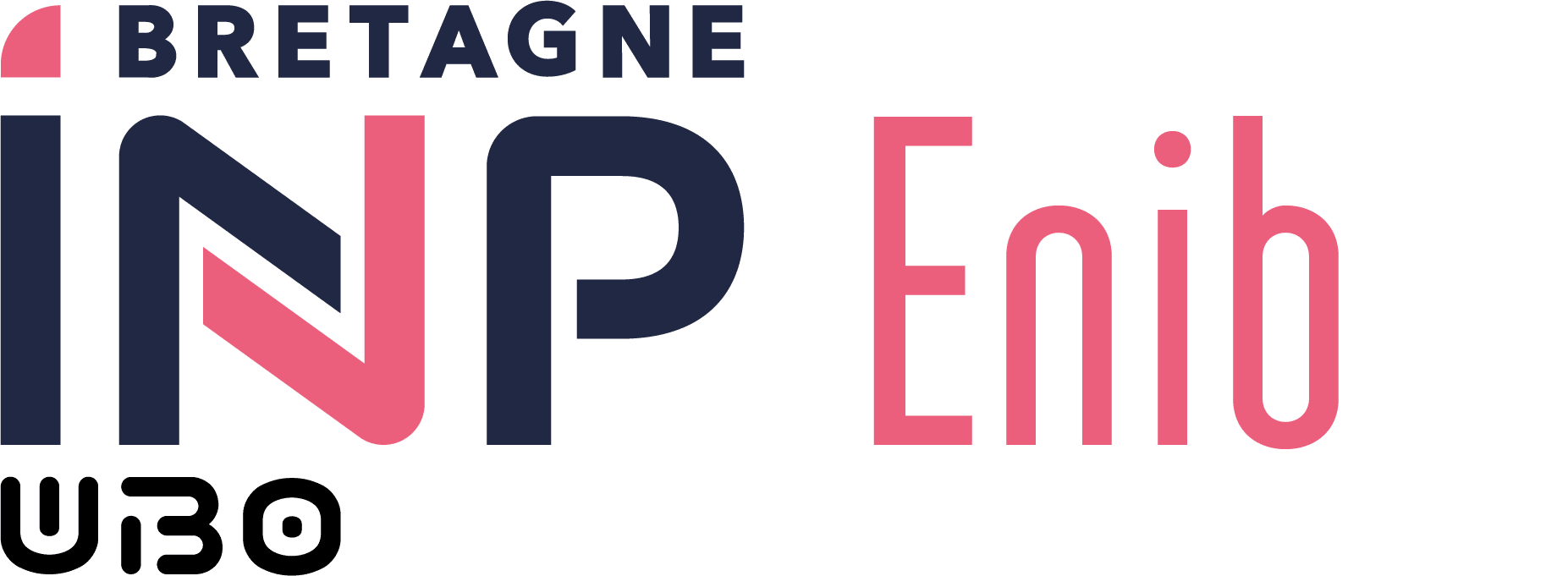Virtual reality and environment (09_O-REV)
- Coefficient : 6
- Hourly Volume: 150.0h (including 72.0h supervised)
- CM : 29h supervised
- TD : 6h supervised
- Labo : 37h supervised (and 12h unsupervised)
- Out-of-schedule personal work : 66h
- Including project : 20h supervised and 20h unsupervised project
AATs Lists
Description
Modeling and restitution (software supports: OpenGL and Blender)
- Geometric primitives and transformations
- Illumination models and textures
- Immersive HMIs
Animation and interaction
- 3d interaction metaphors
- Adaptation to the user
- Animation by interpolation and direct kinematics
- “Smart” navigation in a scene
4.Animated Conversational Agents (ACA) - Modeling of ACAs - Multi-modal behaviors (facial expressions, expressive gestures) - Dialogue and active listening behaviors
Learning Outcomes AAv (AAv)
AAv1 [heures: 12, B2] : Each student must be able to express the necessary calculations, corresponding to sequences of geometric transformations (homogeneous matrices, quaternions), in order to obtain this representation.
AAv2 [heures: 24, D1] : Each student is able to develop a program conforming to the given specification using a standard software library in an industrial environment for the manipulation of 3D objects.
AAv3 [heures: 30, A1,C1,D1] : Each student is able, using a 3d description language and a 3d library, to design a 3d model of the specified world and create a program simulating interactive exploration and time real of this model.
AAv4 [heures: 32, A1, C1, D1] : Each student is able to choose a suitable animation model for each specified behavior and create the software modules that implement them within a simulation platform.
AAv5 [heures: 8, B1, B2] : Each student is able to explain the key concepts making it possible to characterize and highlight the Presence in a virtual reality system by considering both methodological and software as well as hardware aspects.
AAv6 [heures: 12, B1, B2] : Each student is able to explain the methods necessary for the implementation of virtual reality systems distributed through a computer network.
AAv7 [heures: 8, B1, B2, C1] : students are able to explain the needs related to the creation of conversational virtual agents
AAv8 [heures: 12, B1, B2, C1] : Each student is able to list the steps necessary for motion capture.
AAv9 [heures: 12, B1, B2] : Each student is able to list the different augmented reality devices and the pose calculation methods adapted to augmented reality necessary to ensure good consistency between the projections of real and virtual objects .
Assessment methods
Average of the following evaluations:
- several continuous control assessments (written controls)
- an oral presentation of a summary of documents
- a project
Key Words
virtual reality, human-machine interface, animated conversational agent, animation, 3d interaction
Prerequisites
Resources
OpenGL , Blender, Unity 3d, Stereoscopic screen
